8 Scary Things That Happen When You Don’t Wear Sunscreen
Advertisement

Your skin is never safe while unprotected. Many may mistakenly associate skin damage from the sun with only sunburns or long-period expose to the sun. And think” Oh, I don't need sunscreen, I'll be in the indoors most of the time" Think again! Even it’s on a cloudy day or when indoors, UVA rays, one kind of radiation can still penetrate glass and reach your skin. The damage of skipping sunscreen is irreversible. The scariest thing, of course, is the increased risk of skin cancer!
The sun rays can do more harm to you than you could imagine. Here are some of the scary things that could happen to you if you don't use sunscreen:
1. You'll look older

That’s why you should wear that sunscreen on a daily basis. Premature aging could happen to you, with loosing elastin and collagen in your skin when it’s unprotected. You could only experience wrinkles, saggy and aged skin to appear. There’s evidences show that 90 percent of our skin's aging is caused by the sun. People who wear a daily sunscreen with at least SPF 15 show 24 percent less skin aging than those who go without
2. Increased Wrinkles
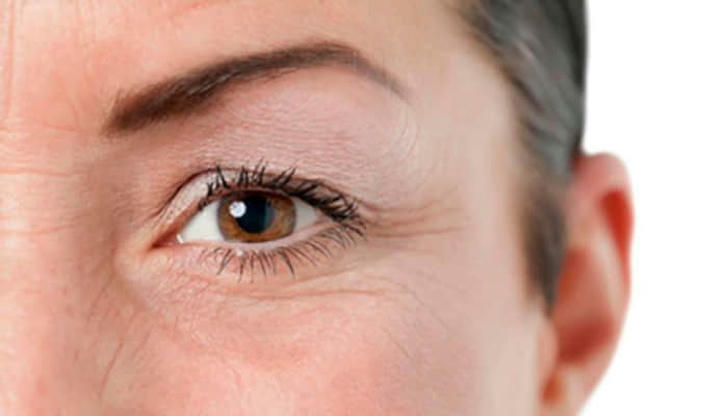
When you do not wear Sunscreen regularly, your skin continues to loosen and sag, this results in more wrinkles forming on your face over time, which ultimately makes you lose your youthful looks a lot faster. No one would appreciate this sign of aging happen, so make it part of your daily routine.
3. You'll grow age spots
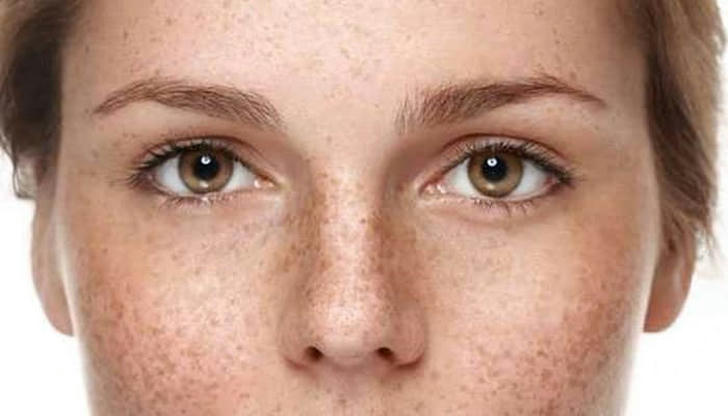
Brown sunspots or age spots occur when your skin is exposed to sunlight for a long time. It’s extra pigmentation on your skin that ruin your complexion and perfect skin. Once they formed on your skin, it can be hard to get rid of them.
4. Inflammation
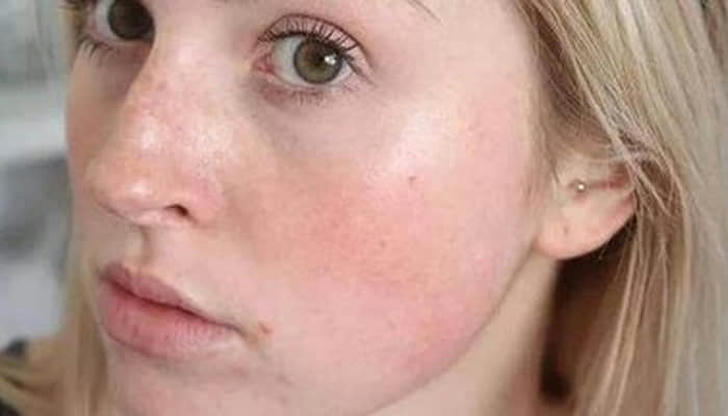
Inflammation can occur in your skin tissue when it’s exposed to harmful UV radiation. You can experience a swelling, redness, itching and pain in your skin, which takes time to heal.
5. Dry skin
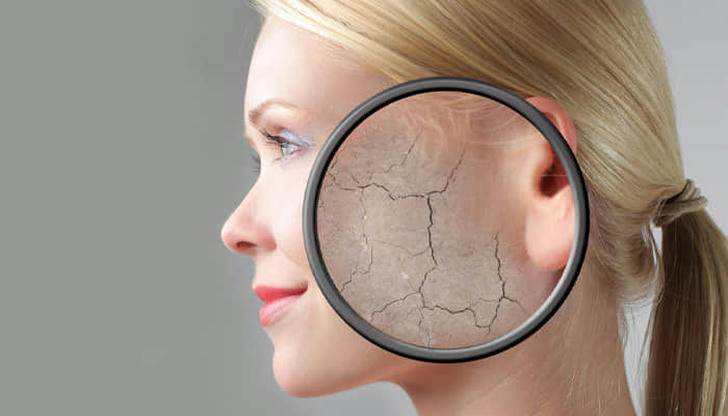
Skin can lose moisture and oils when exposed under direct sunlight. It can lead to dehydration and your skin will end up with dry patches on the affected area.
A study has showed that the moisture content of the skin increased significantly after 18 months of regular sunscreen application.
6. Skin cancer
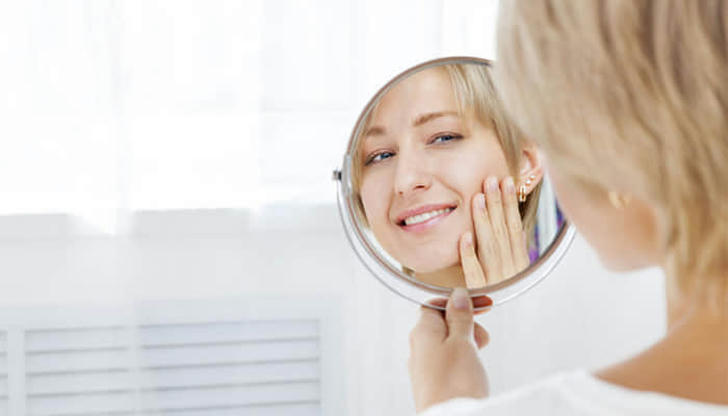
Severe skin cancer may lead to genetic mutations that can eventually lead to skin cancer. In skin cancer, skin cells multiply rapidly to form malignant tumors. People with lighter skin tones have a higher risk of developing skin cancer, and daily use of sunscreen can help reduce that risk. Watch carefully if you notice any new moles, freckles, or brown spots on your skin. If the spot doesn't heal and begins to turn into an unusual lesion, get medical help right away, as it could be an early sign of melanoma.
7. Scarring

When a healing wound or acne is exposed to sunlight directly, it can cause scarring on the skin. Studies claim that sunscreens with broad protection can play an effective role in controlling from scarring.



